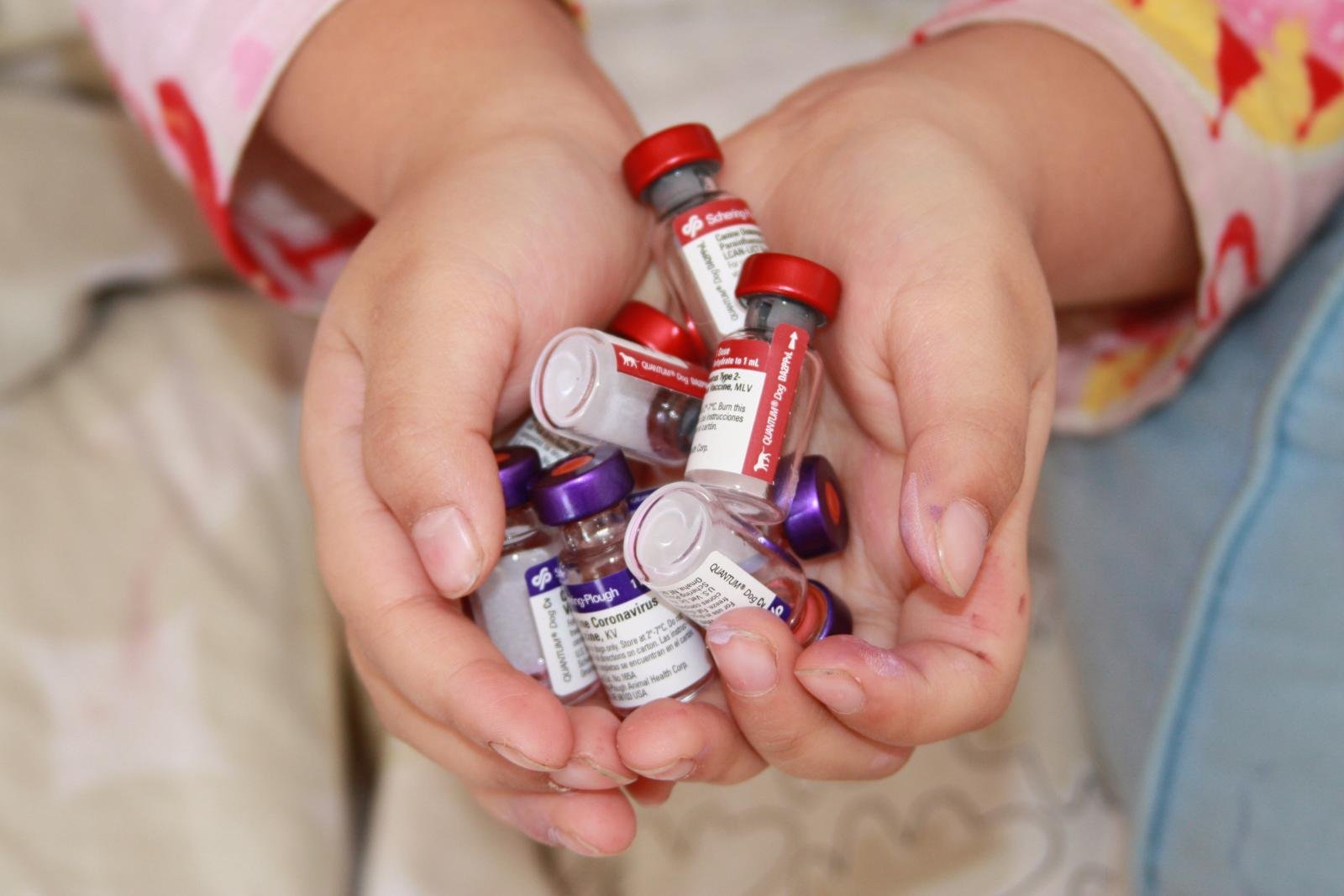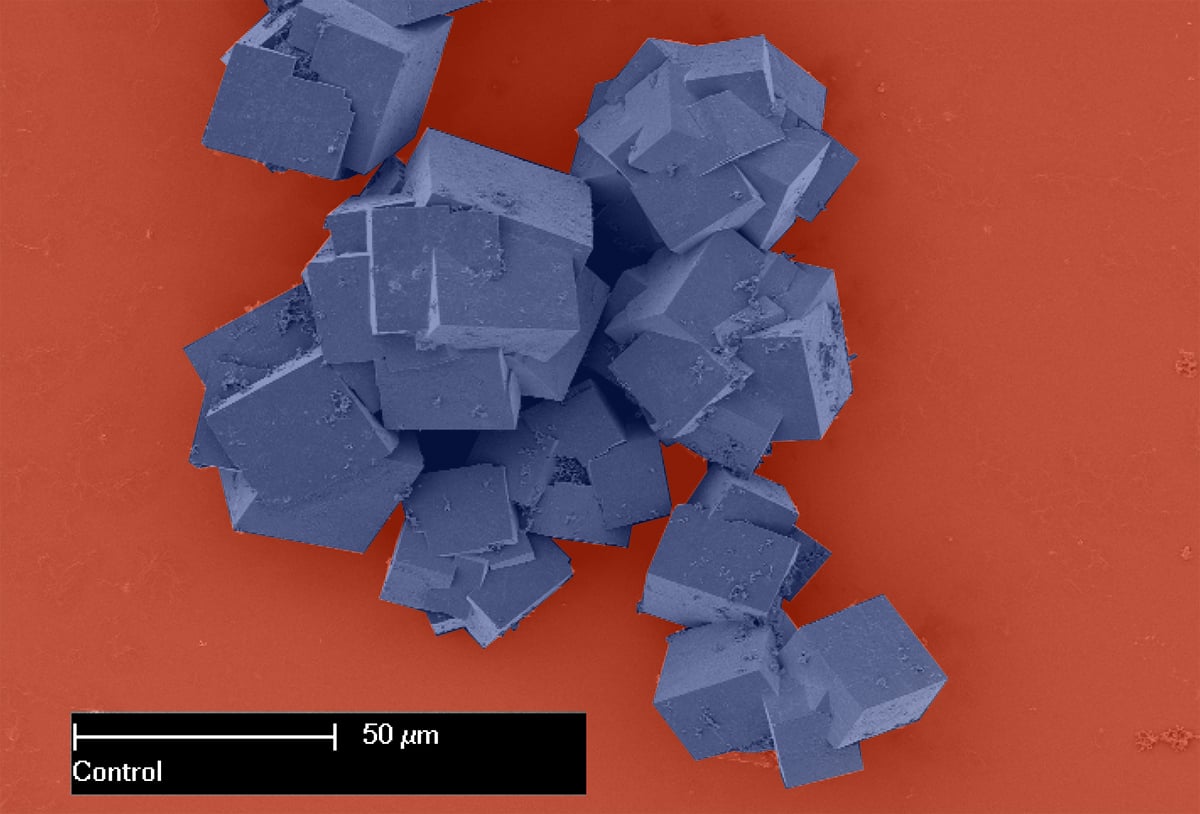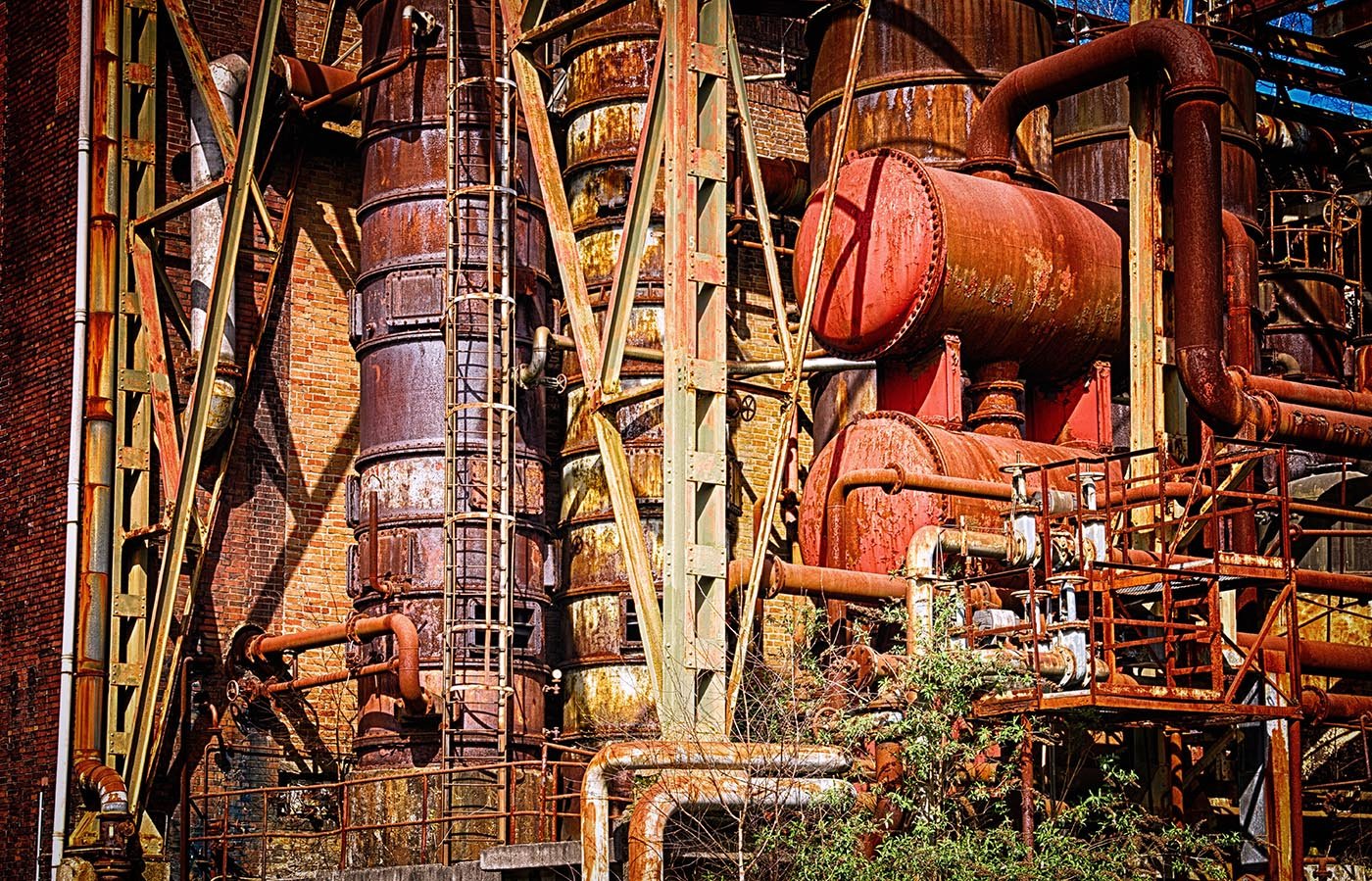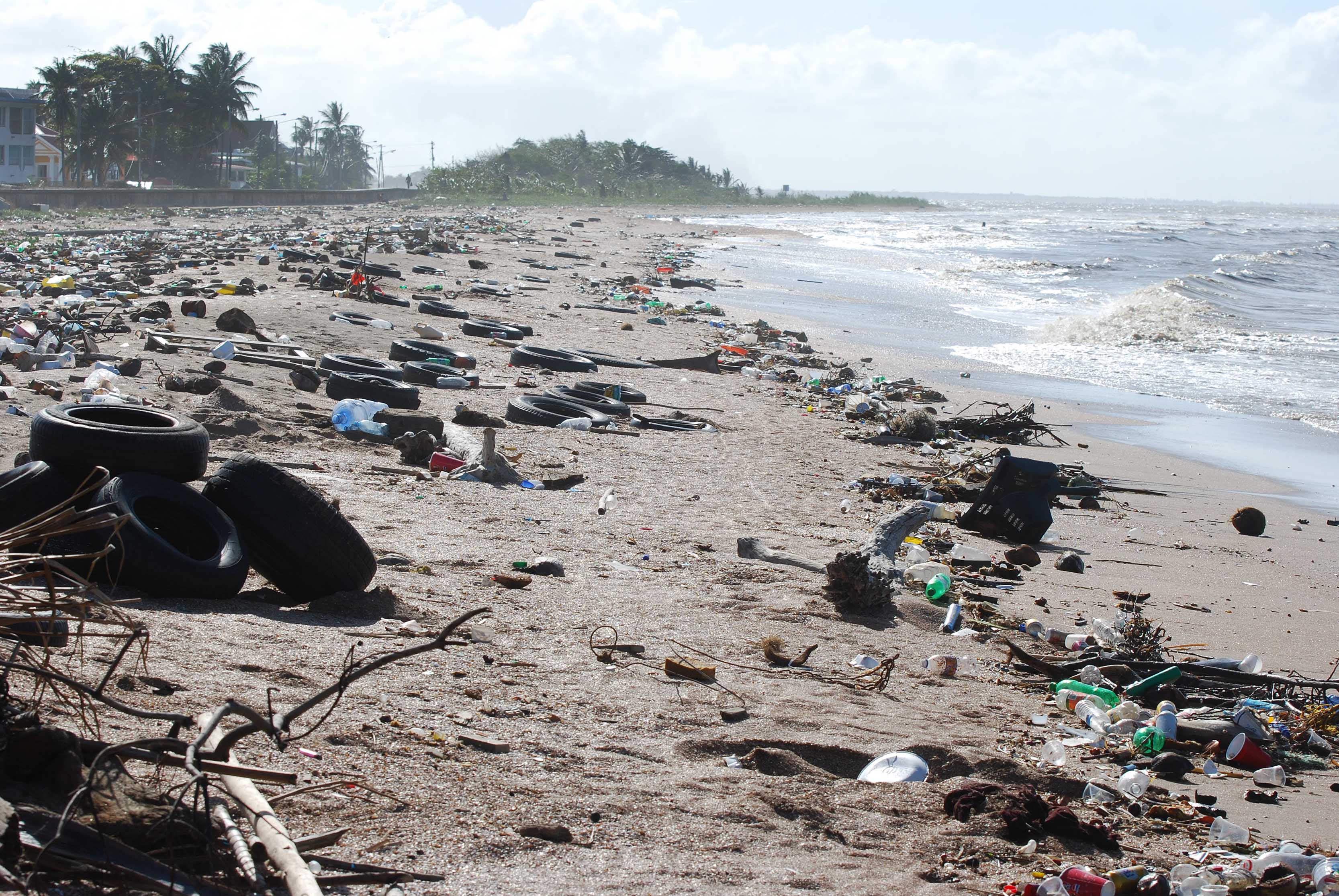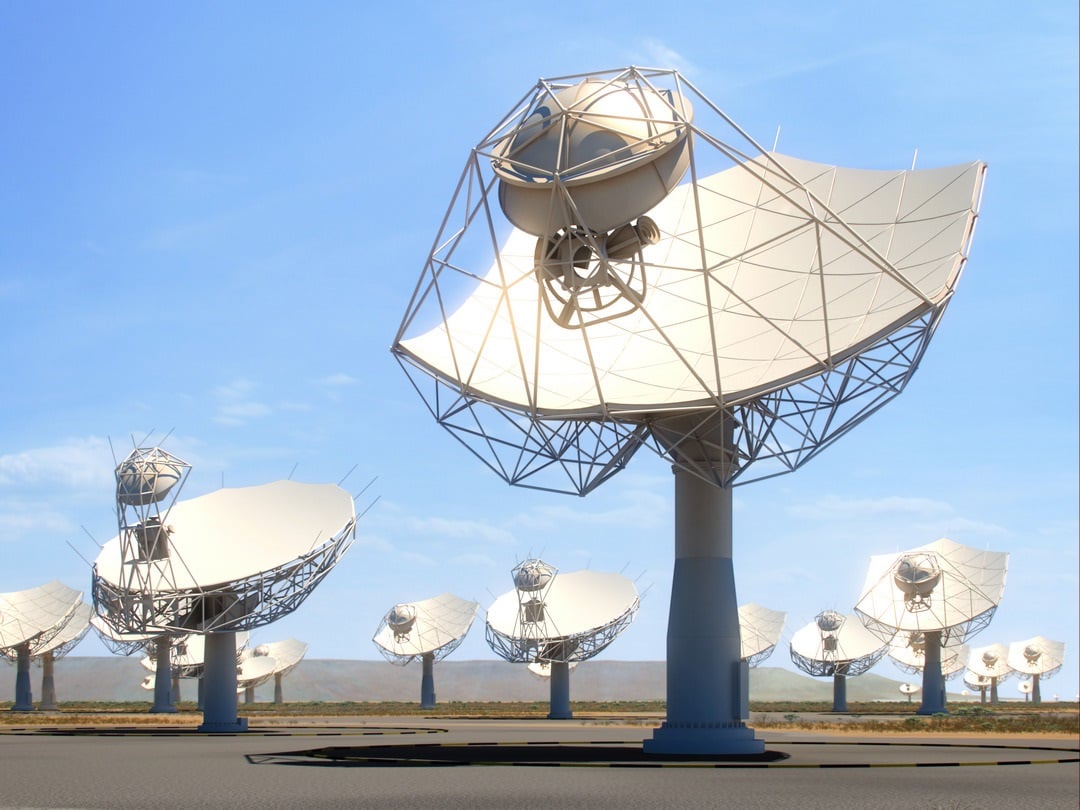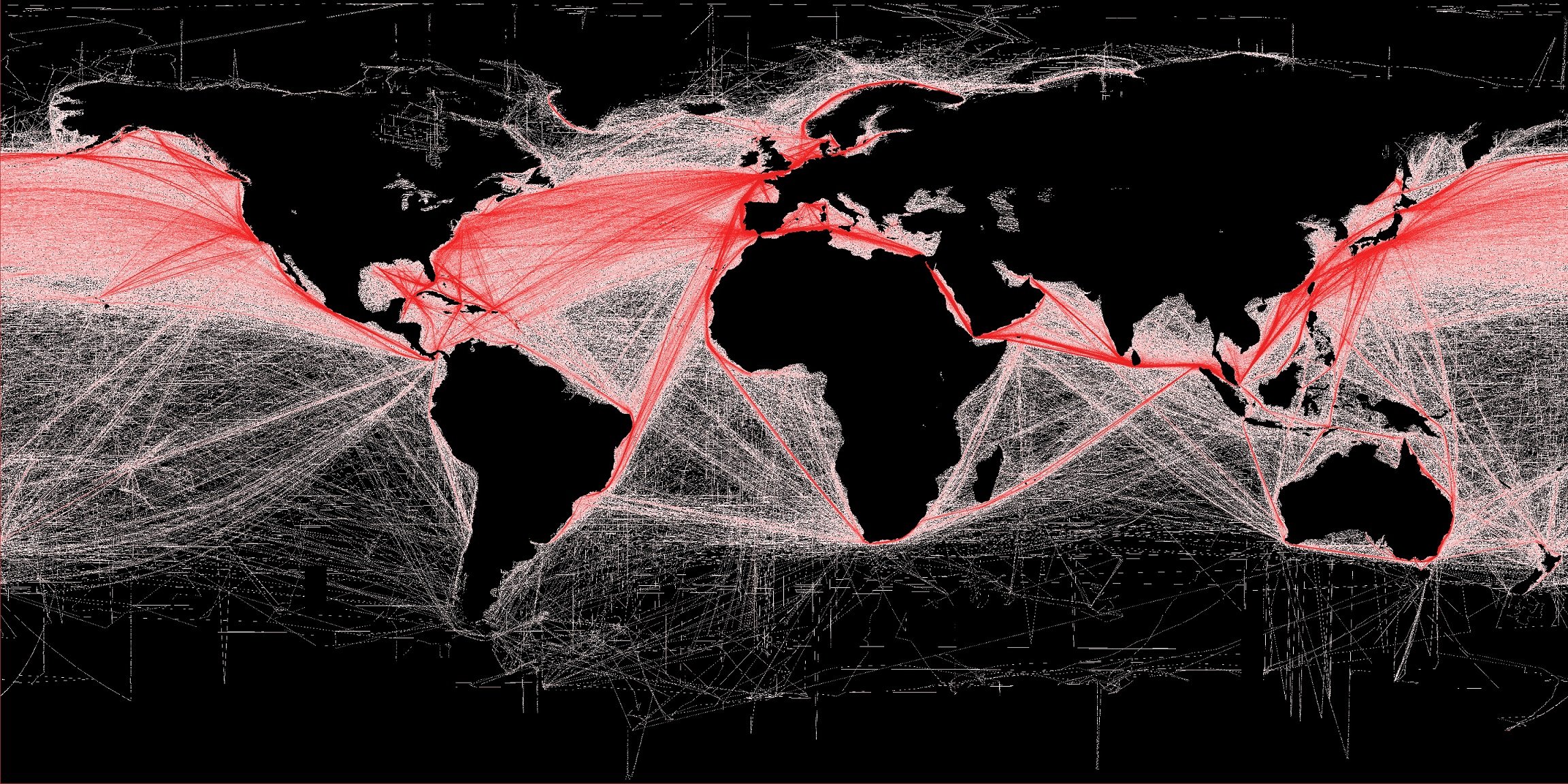Rise in vaccine hesitancy related to pursuit of purity – Prof. Heidi Larson
The rise of alternative health practices and a quest for purity can partly explain the falling confidence in vaccines which is driving outbreaks of preventable diseases such as measles, according to Heidi Larson, professor of anthropology, risk and decision medicine at the UK’s London School of Hygiene & Tropical Medicine. She is working to understand … Read more

